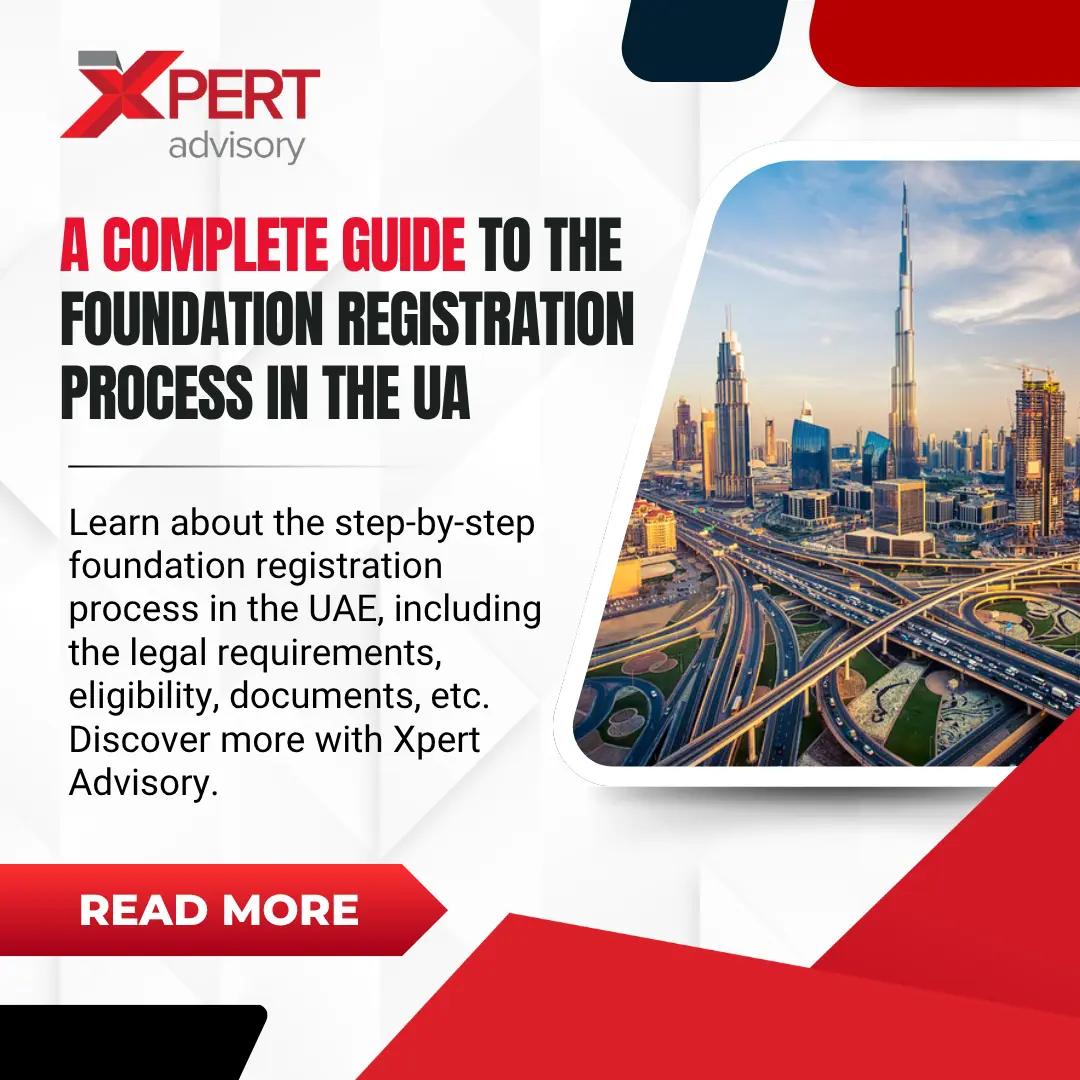Dubai has recently become a prime destination for global entrepreneurs, including Turkish business owners. The benefits of moving your business from turkey to Dubai are tax-friendly environment, excellent infrastructure, and geographical advantages are motivating Turkish companies to relocate or expand their operations.
This blog will discuss why Dubai is the location of choice for Turkish businesses, common legal structures to consider, the relocation process, key risks to avoid, and provide tips for a successful outcome.
What Benefits Will You Receive if You Move Your Business From Turkey To Dubai?

Moving your business is a big step, but Dubai offers an appealing environment to consider. The optimal location, low tax regime, and developed and robust entrepreneurial fabric together create unparalleled growth opportunities, global expansion, and long-term bottom-line results. Let’s dive deep into the details:
Strategic Location
Dubai is situated at the intersection of East and West in terms of trade routes. Its ports and airports provide a unique facility position that offers connectivity to reach multiple markets across Europe, Asia, Africa, and beyond. For Turkish businesses seeking to scale, tapping into these international trade routes makes moving abroad significantly more advantageous.
Low Tax
Dubai offers a 0% corporate tax rate on profits up to AED 375,000* and a régime of 9% thereafter. Turkey, on the other hand, has significantly larger corporate tax obligations, making the opportunity to transfer operations more attractive. Better yet, zero zones will offer exemptions from income and corporate tax, as well as customs duty.
100% Foreign Ownership
In Turkey, rules governing foreign investors are often complex – Dubai offers a 100% foreign ownership option available in most business sectors (free zones). With new reforms, many types of business activities on the mainland can have 100% foreign ownership. This can exceptionally ease the relocation for Turkish entrepreneurs seeking autonomy.
Ease Of Doing Business
Dubai is consistently named one of the easiest countries in the world to start and run a business. Dubai is recognized for its ease of doing business, thanks to its well-defined licensing frameworks, advanced digital government services, and business-friendly legislation.
Bilateral Relations Between Turkey And UAE
Turkey and the UAE have strong diplomatic and trade relationships that support the relocation of Turkish nationals. In particular, Turks can rely on bilateral investment treaties that have been agreed upon in existing relationships.
Understanding Business Jurisdictions In Dubai
Before relocating, Turkish entrepreneurs should evaluate the available jurisdictions. The choice of mainland, free zones, or offshore will define ownership rights, market access and flexibility. The possibility of operating in the right jurisdiction will ensure your business plans and long-term growth targets. Now, let’s understand the jurisdictions here:
Mainland Companies
Mainland companies are licensed through the Dubai Department of Economy and Tourism (DED) and have the benefit of conducting business anywhere in Dubai and across the UAE. They can also have direct access to the local market. The reforms allowing 100% foreign ownership in many areas made the Mainland company an attractive choice.
Freezones
Freezones are focused, supportive business environment communities that are marketed to international investors. Free Zones offer the benefits of:
- 100% ownership
- No tax on corporate income /personal income, depending on the Free Zone
- 100% repatriation of profits
- Hassle-free licensing
However, free zone companies generally cannot trade directly with the UAE mainland without a UAE-registered agent or distributor, which is a critical requirement.
Great Freezones For Turkish Companies
- DMCC (Dubai Multi Commodities Centre) – Best suited for trading and commodities
- JAFZA (Jebel Ali Free Zone) – Best for logistics and large-scale industrial companies
- DAFZ (Dubai Airport Free Zone) – Best suited for companies engaged with air cargo
- Dubai Internet City – Best suited for technology companies
Relocating a Business From Turkey To Dubai: Step-by-Step Process
Moving your business from turkey to Dubai can be a complicated process at every stage and requires careful planning and execution. Below is a step-by-step process to help you:
1. Identify your Business Activity and Business Structure
The type of business activity you want to undertake in Dubai will determine the type of license you need, whether it is commercial, industrial, or professional in nature. Once you have identified the activity you want to pursue in Dubai, you will also need to think about whether you would like a mainland company, a free-zone company, or an offshore company.
2. Reserve a Trade Name and Obtain initial approval
As Dubai has specific rules regarding trade names, you will need to submit your trade name for approval. Once you have successfully reserved the trade name, you will receive the initial authorization to proceed with setting up your account.
3. Apply for Your Business License
At this stage, you can formally apply for your business license and obtain the necessary certificates. You can submit your application, along with the relevant documents, through either the DET (Department of Economic Development) for a mainland license or the specific free-zone authority for a free-zone license. At this stage, you will also receive a business certificate, which formalizes your legal business existence within Dubai.
4. Find an Office Space
If you are a mainland company, you are required to have a physical presence and an office in Dubai. However, dynamic zones sometimes offer several different options for startups, such as flexi-desks or virtual offices, depending on your business activity.
5. Open a Corporate Bank Account
To operate your business, you will need to open a corporate bank account. The required documents are many, and sometimes applicant bank accounts are rejected for small mistakes; however, if you secure a benchmark due process, then you should be on the right track for approval.
6. Process Your Visa Applications
You can apply for an immigration visa as an investor. There is also the capacity to manage residency approvals for family members and employees. Your office space is also relevant to the number of visas.
7. Register/Commit to Compliance and Taxes
You will also need to register for VAT if your annual revenues exceed AED 375,000*. Companies will also need to resolve applicable corporate taxes and comply with additional reporting obligations.
8. Ongoing Governance, Applications and Renewals
Permits, visas, and trade licenses must be renewed annually. Complying with the licensing terms and conditions is critical to avoid penalties or suspension of business activities, which could jeopardize your business setup.
Benefits of Moving from Turkey to Dubai
It’s much easier to raise funding or attract international partners in Dubai due to its solid banking and financial offerings and a regulatory framework that supports investors.
Providing Business Friendliness
Dubai creates an environment where supporting businesses is inclusive of all, from free zones in the UAE to digital portals.
Attraction of Lifestyle and Talent
In addition to the very best medical care, highly educated individuals who require a potent mix of lifestyle make Dubai an attractive place to live. This also helps Turkish companies to attract qualified professionals.
Possible Risks and Traps

Misalignment of Business Structure
The wrong jurisdiction could literally handcuff your business. A free zone business can not access its market in the UAE without going through several additional steps.
Tax Residency
Turkish business owners must identify their tax residency in the UAE to avoid being double-taxed in Turkey and Dubai. UAE tax residency also uses the 183-day rule.
Failing to Comply
Establishing your business and not renewing licenses as required, or failing to register for tax on time, means you could accrue a penalty. To remain compliant, companies must keep pace with significant regulatory updates and meet all licensing requirements.
Factors Turkish Entrepreneurs Should Consider
- Work with Professionals: Collaborating with world-class advisors helps alleviate the complexities and confusion associated with starting, banking, and compliance.
- Plan for Tax Residency: Consider acquiring residency for yourself and your employees in advance to avoid potential solicitation from the Turkish Tax Authorities, as this is a crucial requirement for expatriates.
- Utilize Free Zone: Especially if you use tonnage i.e., exporters, logistics companies, etc., free zones provide different advantages. For example, tech startup companies can also benefit from free zones.
Conclusion and Take Away
Moving your business from turkey to Dubai may be one of the best strategic decisions for business setup growth in the short and long term. Dubai offers unparalleled tax benefits, 100% ownership, and a business ecosystem comparable to only a few places in the world.
Let Xpert Advisory ease the transition for you, allowing you to focus on growing your business. Our highly experienced consultants will guide you on the choice of jurisdiction, do the paperwork, and ensure you are legally compliant. Contact us today to start your new Dubai business confidently!
FAQs
1. Will I Be Allowed To Operate My Turkish Company If I Am Opening In Dubai?
Yes, you can operate both companies; however, be sure to conduct careful tax planning to avoid having to fulfill your tax obligations in both jurisdictions.
2. How Long Will It Take To Set Up?
Licensing for your business can take anywhere from 1 to 2 weeks. Opening bank accounts and applying for Dubai residency visas may take an additional few weeks.
3. Do I Need To Live In Dubai To Own A Company?
No, however, to retain the tax residency benefits, you will need to spend at least 183 days in the United Arab Emirates each year.






